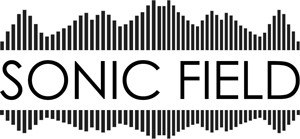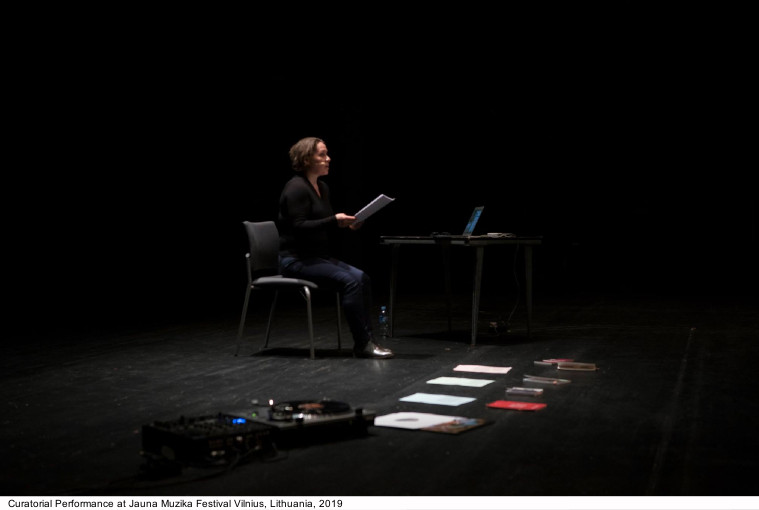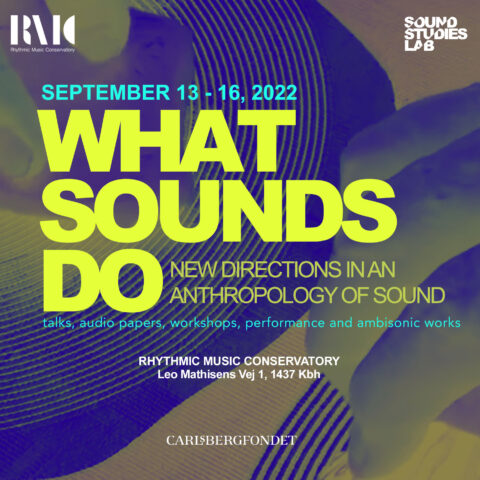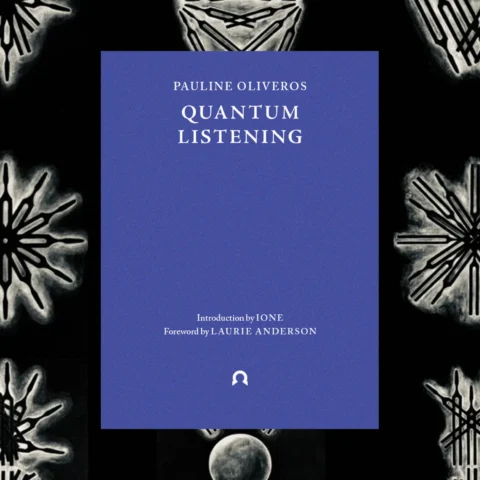Digicult has published a wonderful interview with Salomé Voegelin, conducted by Leandro Pisano, where they talk about several issues around Voegelin’s research ideas, specially her perspectives around the political possibility of sound, which is the central topic of her latest book, published 2 years ago.
“Sound is ephemeral not in the sense of flimsy or insubstantial. Instead, it is ephemeral in the sense of a strong presence that remains invisible and therefore formless within a visual orientation. Sound is not “this” or “that”, the chair or the table, the political or the philosophical, the cultural or the social. Instead, it is what we hear between these things and institutions, where they meet in their interaction as formless forms. The imagination of things in their correleate formlessness can help us discuss not just what they are, inevitably evoking norms and habits, but what they do together, at an always contingent intersection, where as indivisible concepts they overlap and are dependent on each other in a present tense. And so it is exactly sound’s materiality as the ephemeral materiality of the in-between – that is not you or me, but what we sound together – that allows us to rethink what we think we are and mean, our values and subjectivities. And from there it can help us rethink what things mean and what they do, beyond an established expectation and prejudice, based on their name and referential autonomy as separate things, but as generated contingently in the in-between. This focuses perception not on the material, on what meets, but the way it does so, its ephemeral constitution, and provides the ground for an imagination of how it could meet differently.
… I understand sound, exactly because of its formless in-between nature, … to make an important contribution to how we can think about the world and ourselves in this world, away from a hierarchical and anthropocentric reality as a co-dependent cosmos instead” ─ Salomé Voegelin
Read the full interview at Digicult





